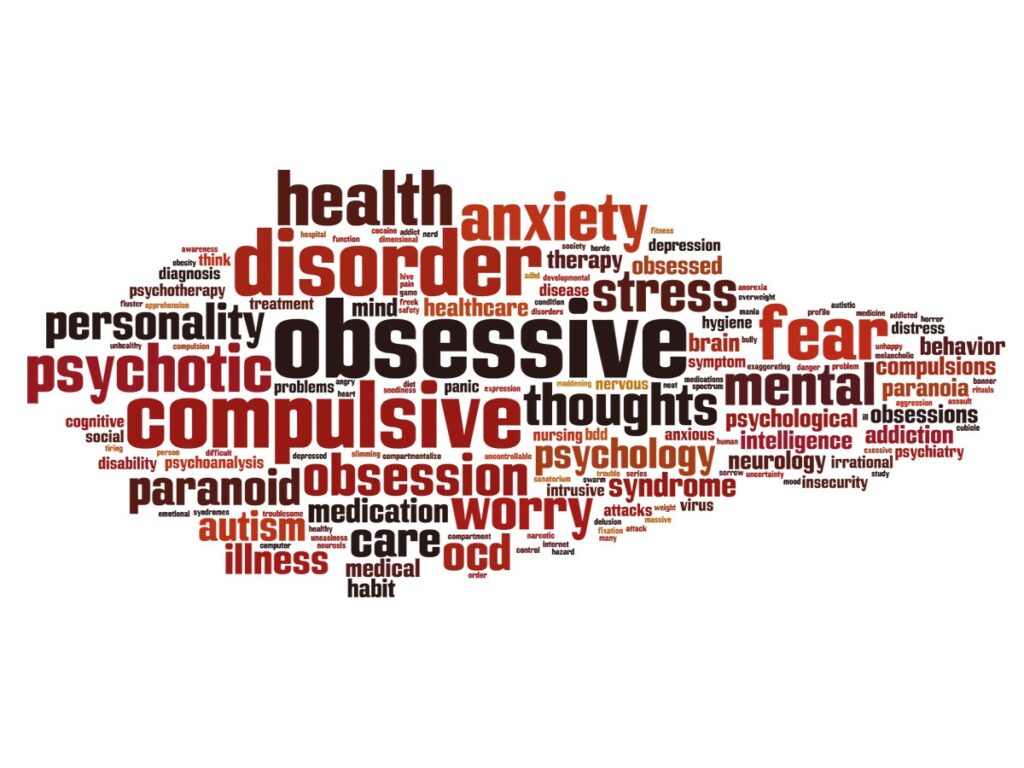
Many Americans struggle with compulsive behavior and its impacts on everyday living. From the outside, it can seem easy to say to someone that they should simply stop doing what they are doing and take a different action. However, people who deal with compulsive behavior conditions know it’s not that easy. There is an ongoing internal turmoil that they are constantly fighting.
Compulsive behavior comes in many forms. Typically, though, compulsive behaviors are acts that people engage in repeatedly even when they don’t want to. Something is forcing them or driving them to do something they don’t want to do. Compulsive behavior happens even when the outcome is something harmful. It damages relationships, ruins careers, wastes money, and has many other negative effects. Some of the most common compulsive behaviors include substance abuse (drugs, alcohol, compulsive eating), gambling, lying, and sex addiction.
Learning to manage compulsive behaviors requires a lifetime of dedication and learning. It requires the humility to recognize behavior patterns that lead to destructive actions and the ability to seek help to change. Here are some things that help control compulsive behaviors and can help people live more fulfilling lives.
Recognize Compulsive Behaviors Where They Exist
Perhaps the first thing that must be done is to recognize that the compulsive behavior exists. Many people affected by compulsive behaviors live in denial for far too long. They refuse to accept that they aren’t in control of their actions. They attempt to force themselves to change over and over again without success.
Recognition can come from within or others around you can point out compulsive behaviors that are impacting your quality of life or the people you care about. The key is to accept that these behaviors exist and then start planning ways to treat them.
In some instances, especially if caught early on, compulsive behaviors can be changed with discipline and added attention to things like triggers and environment. However, in most cases, treatment requires more effort and the help of others.
Seek Medical Treatment
When compulsive behaviors get to the point where they are hurting your life and destroying relationships, then it’s time to seek help. Many people who struggle with compulsive behaviors see therapists and talk through what is driving certain behaviors and understand what triggers certain actions. They can arm you with mental exercises you can turn to when the compulsion starts to build. Therapists can help you strategize on ways to self-correct when you feel like there is no way around the compulsion.
Look for therapists and even medical doctors who specialize in dealing with compulsive behaviors. Many professionals also specialize in areas of compulsion like sex additions or substance abuse. Choose someone depending on what behaviors you are trying to correct.
Peptides and Compulsive Behaviors
Melatonan 2, or MT-II, is a synthetic version of the human alpha-melanocytes-stimulating hormone. It was developed in the 1980s at the University of Arizona. A lot of research has gone into MT-2 and it has been found to have wide-ranging effects like increasing sexual arousal, fighting hunger, and reducing glucagon production.
In studies done on rats, MT-2 also showed that it played a role in their impulse control. The rats that received MT-2 showed a decrease in alcohol consumption even for rats that preferred alcohol. They drank more water and stayed away from harmful substances. Researchers believe that MT-2 may tap into internal programming that dictates impulse and things like addiction.
Medication May Help
In instances of severe compulsion, medication can help. Sometimes even what appear to be positive behaviors, like cleaning, for example, can become a compulsion. People have trouble thinking about or doing anything else. They repeat the same actions again and again to the point where it overwhelms other important things in their lives. When things get to that point, it is probably a good idea to seek medical help and explore how prescription drugs can offer relief.
Support Groups
There are compulsive behavior support groups across the country with people in the same situation who can help each other slowly recover. Dealing with compulsion is likely something that will take a lifetime of discipline and management, but it’s often easier with other people who can help you along the journey.





More Stories
Is Vaseline an Indian Company? True or Not
Hrms Login Medicover – Tips and General Step to login
which of the following statements is true about education and lifetime earnings? Complete Guide Here